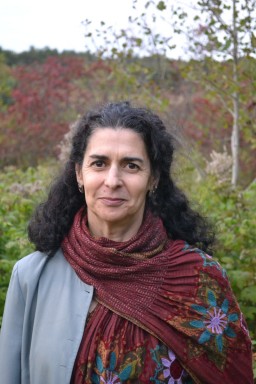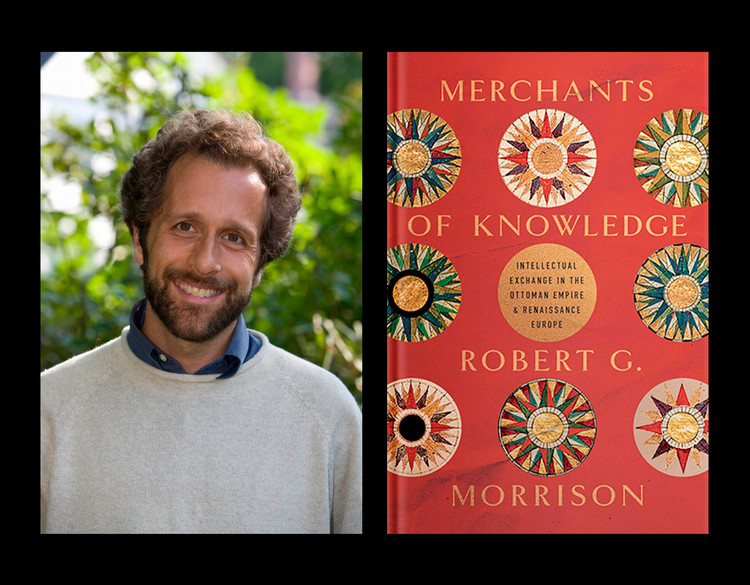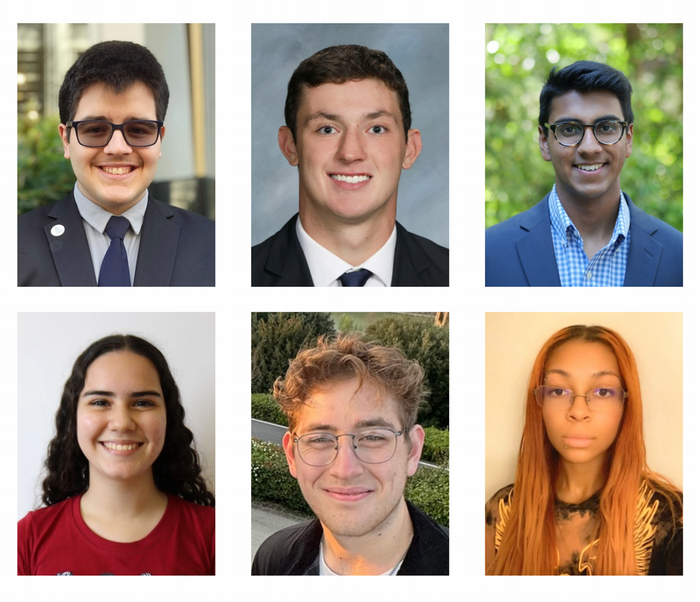An Introduction to Michelle Vazquez Jacobus
By Rebecca Goldfine
Michelle Vazquez Jacobus is an associate professor of social and behavioral sciences at the University of Southern Maine’s Lewiston campus, where she has worked for 15 years teaching ethics and applied social policy. She is at Bowdoin for one year.
Vazquez Jacobus’s academic research is rooted in community organization. “A lot of my work is applied and it’s about working with community organizations and community partners,” she said. Much of this work has dealt with immigrants and refugees, mentoring programs for children, and public art. Her scholarly publications have related to “empowering marginalized populations and communities through community engagement,” she added. She earned her bachelor’s degree from Duke University, a law degree from Stanford and a master’s degree in social work from New York University.
Vazquez Jacobus grew up in a multi-ethnic family. Her father was Jewish and of Russian heritage; and her mother, who is from Puerto Rico, was among the first Latina microbiologists to work in the United States. This background, and her training and experience in social work, has made her sensitive to people who “have had experiences feeling different,” she said. She added, “I may not present as a person of color but I identify as a person of color, especially in Maine.” She lives with her three children and her psychologist husband in Brunswick.
Besides launching the What Matters discussion series, Vazquez Jacobus has also been entrusted with collaborating with faculty to help them incorporate community issues into their classroom teaching.
Vazquez Jacobus says colleges and universities are shifting in their approach to community involvement, moving away from the notion of giving without reciprocation, or of using the community as a research pool. “[There] is an old academic, Ivy League notion of noblesse oblige, a unilateral direction of service,” she explained. “The academy has a history of being involved primarily because we believe we have all the benefits and resources so we’re going to give unto others, which is a nice ideal, but is also paternalistic and fails to recognize the great value we obtain from our interactions with the community.”
This philopsopy, including at Bowdoin, has evolved. “We’re understanding there has to be mutual engagement, there has to be appreciation of the community and its resources — what community members can teach us and what we can learn,” Vazquez Jacobus said.



